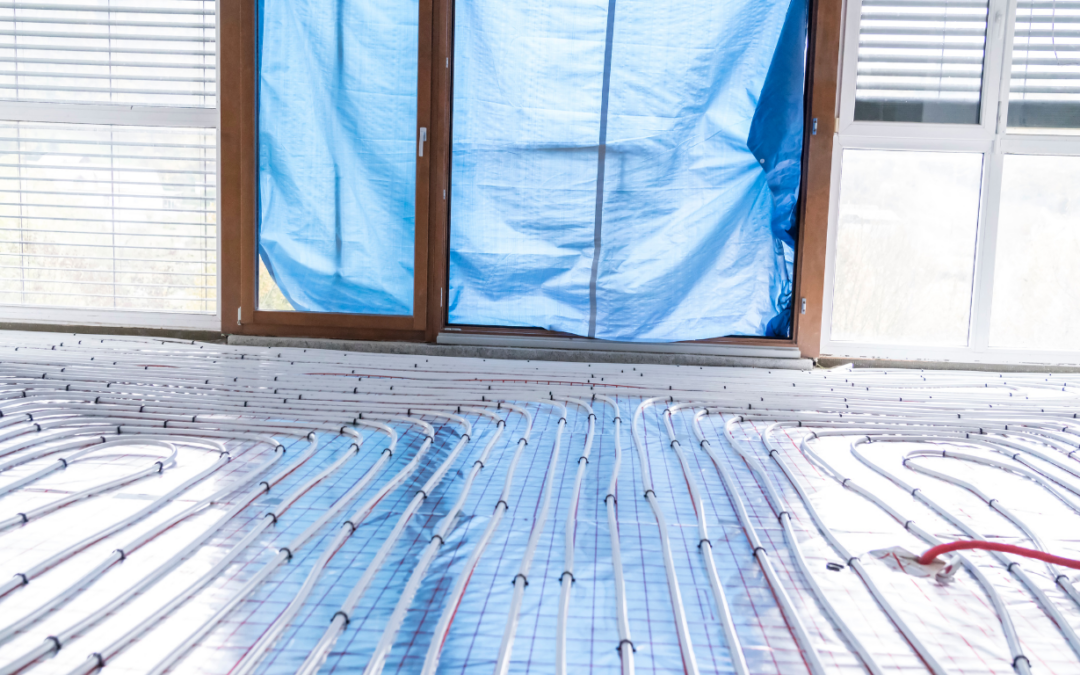The rising popularity of underfloor heating among homeowners seeking a comfortable and warm living space during colder months has led to questions about its running costs. This article aims to shed light on the factors affecting the operational expenses of underfloor heating and provide an estimated overview of what you might expect to see on your energy bills.
Types of Underfloor Heating Systems
There are primarily two types of underfloor heating systems: electric and water-based. Electric systems are often less expensive to install but might lead to higher operational costs. Conversely, water-based (hydronic) systems, while requiring a higher initial investment for installation, tend to be more energy-efficient, potentially leading to lower running costs in the long term.
Room Size
The size of the space being heated significantly influences the running costs. Larger areas will naturally require more energy to heat thoroughly, increasing operational expenses. Smaller rooms, on the other hand, will consume less energy, thus reducing the cost of running the underfloor heating system.
Insulation Quality
A well-insulated home can drastically reduce the amount of energy needed for heating, thereby lowering operational costs. Poor insulation results in greater energy consumption as more heat is lost, necessitating a higher energy input to maintain a comfortable temperature, which in turn increases heating costs.
Energy Tariffs
The cost of running an underfloor heating system is also dependent on the energy tariffs offered by suppliers in your area. Prices vary between suppliers, making it essential to research and find the most competitive rates. Additionally, opting for renewable energy sources, such as solar power, can offer further savings on energy costs.
Estimating Running Costs
Calculating the exact running costs of underfloor heating involves considering the above factors. While electric systems may have higher running costs, their installation simplicity makes them suitable for smaller projects or renovations. Hydronic systems, ideal for new builds or during major refurbishments, offer lower operational costs due to their efficiency, especially when integrated into homes with good insulation and smart energy tariffs.
Despite the initial higher cost compared to traditional heating methods, underfloor heating offers numerous benefits, including improved energy efficiency and enhanced comfort levels. Choosing a reputable and experienced installer is crucial to ensure that your underfloor heating system is tailored to your specific needs and installed correctly.
At Underfloor Heating London, we pride ourselves on delivering top-quality underfloor heating solutions designed to meet our customers’ unique requirements. Contact us today to learn more about our services and receive a free, no-obligation estimate, helping you make an informed decision about incorporating underfloor heating into your home.
Contact us now to discover more about our diverse underfloor heating services and receive an estimate, free of cost.

